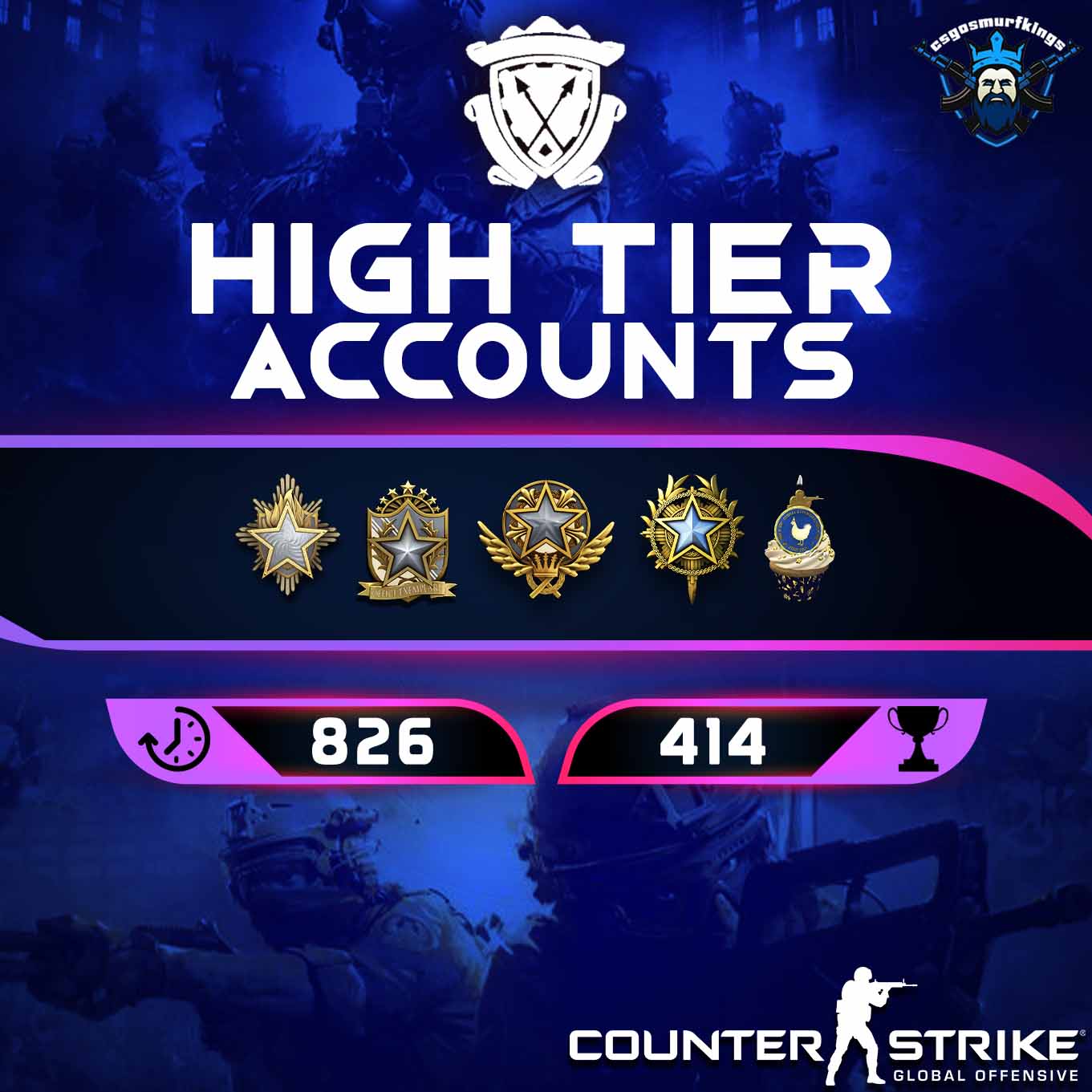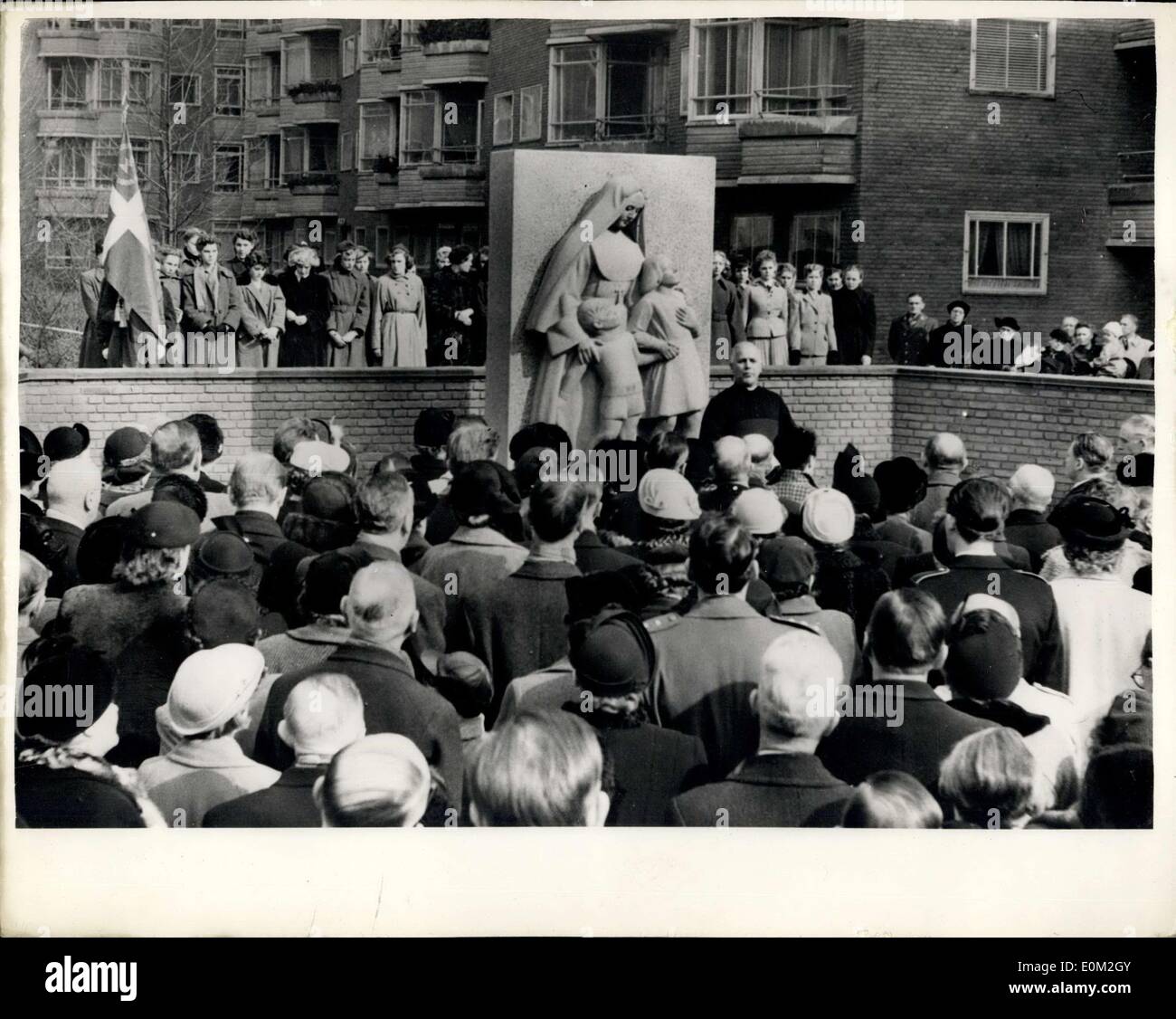"Krudttønden: A Historical Account Of The Copenhagen Bombardment" provides an in-depth analysis of the historic Copenhagen Bombardment.

Historical fantasy RPG The Thaumaturge has been pushed back to March - Source www.techradar.com
Editor's Notes: "Krudttønden: A Historical Account Of The Copenhagen Bombardment" was published on [Date], highlighting the significance of this event in Danish history.
Our editorial team has thoroughly researched and analyzed the available information to create this comprehensive guide. We believe that understanding the Copenhagen Bombardment's historical context and implications is crucial for readers interested in Danish history, international relations, or the impact of warfare on urban environments.
In this guide, we will explore the key takeaways and discuss the following topics:
FAQ
This section provides comprehensive responses to frequently asked questions regarding the Copenhagen Bombardment, a significant event in Danish history.

Bing HD Wallpaper Jun 3, 2024: Bicycles in Copenhagen, Denmark - Bing - Source bing.gifposter.com
Question 1: What sparked the Copenhagen Bombardment?
The bombardment arose from a dispute between Denmark-Norway and Great Britain over naval rights and trade during the Napoleonic Wars. Britain's seizure of Danish ships and the subsequent refusal to return them led to the conflict.
Question 2: When and how did the bombardment take place?
On September 2, 1807, a British fleet arrived outside Copenhagen and demanded the surrender of the Danish fleet. When the ultimatum was rejected, the bombardment commenced and continued for four days, causing extensive damage to the city.
Question 3: What was the aftermath of the bombardment?
The bombardment led to significant loss of life and destruction of property in Copenhagen. Denmark was forced to cede Norway to Sweden and implement a blockade of its ports to British ships, severely damaging its economy.
Question 4: What impact did the bombardment have on Danish history?
The bombardment marked a turning point in Denmark's relations with Great Britain and had lasting consequences for its foreign and domestic policies. It fostered a sense of national unity and shaped Danish identity.
Question 5: How is the bombardment commemorated today?
The bombardment is commemorated annually in Denmark through various events and ceremonies. The National Museum of Denmark houses artifacts and exhibits related to the event, serving as a reminder of its historical significance.
Question 6: What lessons can be learned from the Copenhagen Bombardment?
The bombardment underscores the importance of diplomacy and peaceful conflict resolution. It also highlights the devastating consequences of war and the resilience of the human spirit in the face of adversity.
May this FAQ section contribute to a deeper understanding of the Copenhagen Bombardment and its implications.
Tips
This section provides tips to enhance the reading experience of Krudttønden: A Historical Account Of The Copenhagen Bombardment.
Tip 1: Familiarize yourself with the historical context.
Understanding the events leading up to the Copenhagen Bombardment can significantly enhance the reading experience. Consider exploring historical accounts, such as books, articles, or documentaries, to gain a deeper understanding of the political and social landscape of the time.
Tip 2: Pay attention to the perspectives of different individuals.
The book presents diverse perspectives from individuals involved in or affected by the bombardment. Each perspective offers a unique lens into the events, providing a more comprehensive understanding of the impact and aftermath.
Tip 3: Examine the historical significance of the event.
The Copenhagen Bombardment had a profound impact on the city's history and the broader European landscape. Understanding the long-term consequences and repercussions can shed light on its historical relevance.
Tip 4: Take breaks while reading.
Historical accounts can be dense and detailed. Taking short breaks throughout your reading can help you process the information and retain more of the content. This will also prevent mental fatigue and enhance your overall comprehension.
Tip 5: Utilize additional resources.
The book may reference specific historical figures, events, or concepts. Consider using online resources, such as encyclopedias or scholarly databases, to supplement your understanding and delve deeper into the topics.
In conclusion, following these tips can enrich your reading experience and provide a more profound understanding of the Copenhagen Bombardment and its historical implications.
Krudttønden: A Historical Account Of The Copenhagen Bombardment
Krudttønden, a meticulous historical account, chronicles the turbulent events of the Copenhagen Bombardment, uncovering its intricate tapestry of human experience, strategic maneuvering, and architectural devastation.
- Historical Context: Setting the stage amidst 17th-century tensions and naval rivalries.
- Military Strategy: Analyzing the ingenious tactics and devastating firepower employed by the Swedish forces.
- Urban Impact: Detailing the profound architectural and infrastructural destruction, particularly within the civilian areas.
- Human Toll: Unveiling the harrowing personal narratives and tragic loss of life endured by Copenhagen's inhabitants.
- International Significance: Exploring the diplomatic fallout and shifting European power dynamics.
- Legacy: Tracing the lasting social, economic, and psychological scars borne by the city and its people.
These intertwined aspects provide a comprehensive tapestry, shedding light on not only the immediate events but also the reverberating consequences and enduring legacy of the Copenhagen Bombardment. Through meticulous research and evocative storytelling, Krudttønden invites readers to delve into a pivotal moment in history, where the forces of human ambition, conflict, and resilience collide.

Check CS2 Account With 826 Hours, 4 Service Medals, 414 wins [ csgo - Source csgosmurfkings.com
Krudttønden: A Historical Account Of The Copenhagen Bombardment
"Krudttønden: A Historical Account Of The Copenhagen Bombardment" provides a comprehensive examination of the events leading up to and during the devastating bombardment of Copenhagen in 1807. By analyzing primary sources, including eyewitness accounts and official documents, the book paints a vivid picture of the causes and consequences of this pivotal moment in Danish history.

Mar. 23, 1953 - Memorial Inaugurated to Commemorate Accidental R.A.F - Source www.alamy.com
The Copenhagen Bombardment was a direct result of the Napoleonic Wars, which had engulfed Europe since 1792. Denmark, which had initially remained neutral in the conflict, was pressured by both France and Great Britain to join their respective coalitions. When Denmark refused, the British government decided to launch a preemptive strike against Copenhagen in order to prevent the Danish fleet from falling into French hands.
The bombardment began on September 2, 1807, and lasted for three days. The British ships fired over 4,000 bombs and rockets into the city, causing widespread damage and loss of life. The bombardment ended when the Danish government agreed to surrender the Danish fleet to the British.
| Cause | Effect |
|---|---|
| British pressure on Denmark to join the Napoleonic Wars | Danish refusal to join either coalition |
| British decision to launch a preemptive strike against Copenhagen | Copenhagen Bombardment |
| Danish surrender of the Danish fleet to the British | End of the Copenhagen Bombardment |
The Copenhagen Bombardment had a profound impact on both Denmark and Great Britain. For Denmark, the bombardment was a national humiliation and a major setback for the country's economy. For Great Britain, the bombardment was a strategic victory that helped to secure its dominance of the seas.
"Krudttønden: A Historical Account Of The Copenhagen Bombardment" is an essential resource for anyone interested in the history of the Napoleonic Wars and the history of Denmark. The book provides a detailed and nuanced account of a pivotal moment in European history.
Conclusion
"Krudttønden: A Historical Account Of The Copenhagen Bombardment" provides a valuable insight into the causes and consequences of the Copenhagen Bombardment, a pivotal event in Danish history. The book's analysis of primary sources offers a comprehensive understanding of the political and military factors that led to the bombardment, as well as its devastating impact on the city and its people.
The Copenhagen Bombardment remains a significant reminder of the fragility of peace and the consequences of war. It is a timely reminder of the importance of diplomacy and negotiation in resolving international disputes.



